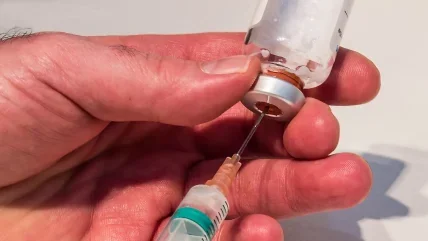
Vericel, a firm developing advanced therapies for sports medicine and severe burn care, has received the US Food and Drug Administration (FDA) approval for a paediatric indication for NexoBrid (anacaulase-bcdb).
The approval allows for the use of NexoBrid, a biologic product containing proteolytic enzymes, to remove eschar in paediatric patients with deep partial-thickness or full-thickness thermal burns.
NexoBrid is a registered trademark of MediWound, and Vericel holds the licensing agreement to commercialise the product in North America.
Both firms entered the agreement in May 2019, under which the advanced therapies developer agreed to pay up to $150m to MediWound, contingent on sales milestones.
The FDA’s latest approval of NexoBrid is supported by the results of the global Phase 3 Children Innovation Debridement Study (CIDS). The trial assessed the safety and efficacy of the drug in hospitalised paediatric patients.
The approval also incorporates additional data from Phase 2 and Phase 3 studies conducted during NexoBrid’s clinical development.
Nasdaq-listed Vericel is now targeting around 20 paediatric burn centres across the US, anticipating that this expansion will significantly boost NexoBrid’s overall adoption over time.
Vericel president and CEO Nick Colangelo said: “We are pleased that the FDA approved NexoBrid for paediatric use as it provides a novel non-surgical solution for managing severe burn injuries in this vulnerable paediatric patient population.
“We believe NexoBrid is poised to become the new standard of care for eschar removal and make a meaningful impact on the lives of adult and paediatric burn patients, and we look forward to further executing on our NexoBrid commercial launch.”
NexoBrid was first approved by the FDA in December 2022, for the removal of eschar in adults with deep partial-thickness and/or full-thickness thermal burns.
It is currently available for commercial use in the US.
The advanced therapies developer also markets MACI (autologous cultured chondrocytes on porcine collagen membrane) and Epicel (cultured epidermal autografts) in the US.






